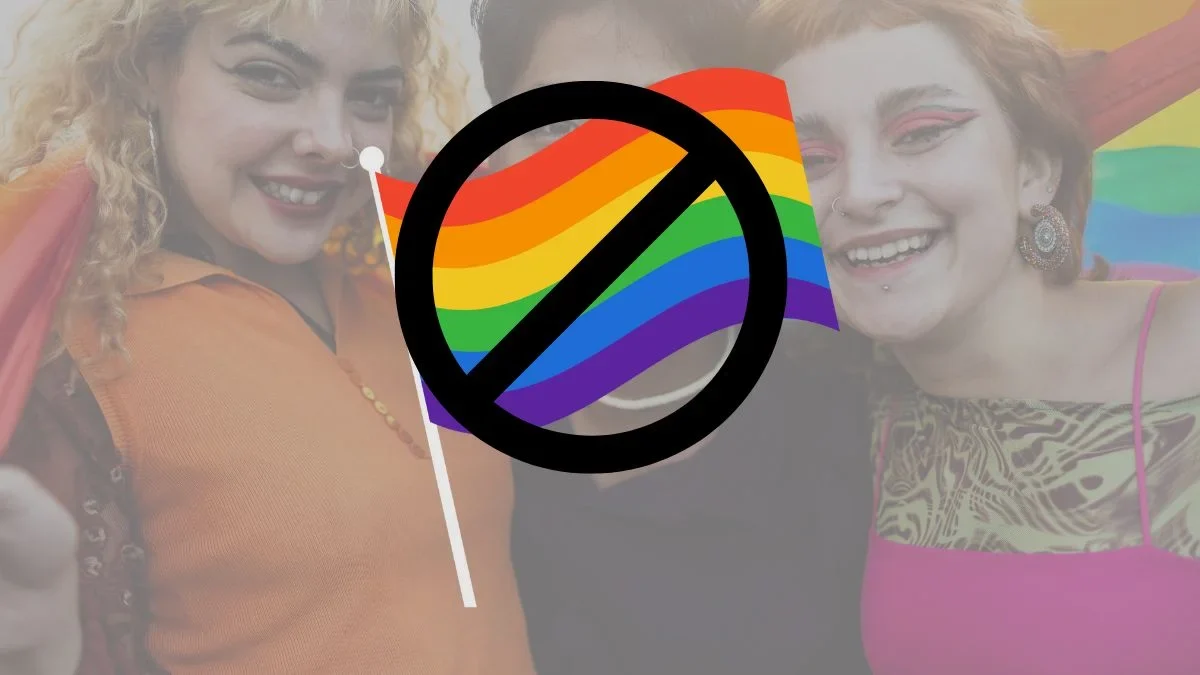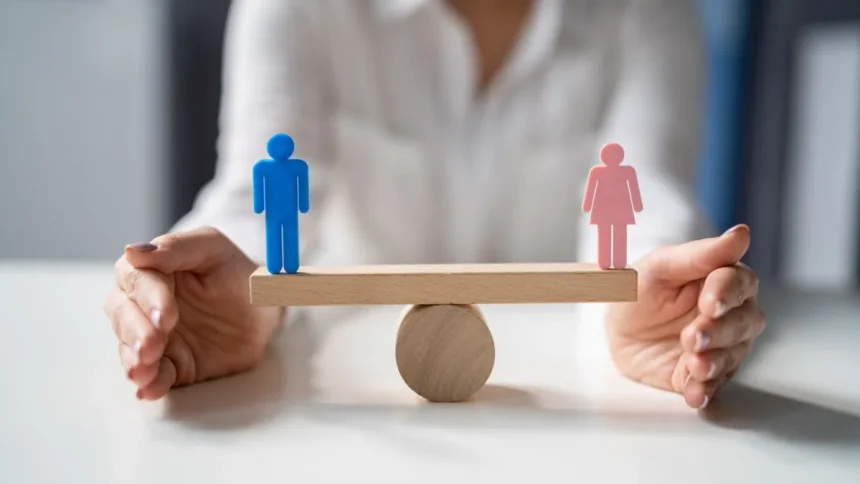Understanding Gender Beyond the West
Gender politics isn’t just a Western issue. Around the world, diverse cultures tackle gender in unique ways. Let’s explore gender politics in non-Western contexts. We will see how various societies address gender roles, rights, and struggles.
Gender Roles in Traditional Societies
In many traditional societies, gender roles are deeply rooted. These roles often shape daily life and social structure.
Africa: The Role of Women in Rural Communities
In rural Africa, women often bear the brunt of hard work. They handle farming, child-rearing, and household chores. Despite this, they usually have limited access to resources and decision-making power. However, women’s groups are forming to fight for their rights and improve their communities.
Asia: Patriarchy and Progress
Asian countries exhibit diverse gender dynamics. In many parts of India and China, patriarchy is strong. Men typically hold power in families and society. Yet, there’s progress. Women are breaking barriers in education and employment. Movements for gender equality are gaining momentum.
Gender Rights and Legal Frameworks
Legal frameworks around gender rights vary widely outside the West. Some regions have progressive laws, while others lag behind.
Middle East: Struggling for Equality
Gender rights in the Middle East are complex. Many countries have restrictive laws based on traditional interpretations of religion. However, women in countries like Saudi Arabia are fighting for change. Recently, Saudi women gained the right to drive. More legal reforms are needed, but progress is happening.
Latin America: Legal Protections and Realities
Latin America has many laws protecting gender rights. Countries like Argentina and Mexico have strong legal frameworks for gender equality. However, implementation is often lacking. Women and LGBTQ+ individuals still face violence and discrimination. Grassroots movements are crucial in pushing for real change.
LGBTQ+ Rights and Struggles

LGBTQ+ rights are an integral part of gender politics. Non-Western contexts offer unique challenges and victories.
Africa: Battling Stigma and Violence
In many African countries, LGBTQ+ individuals face severe stigma and violence. Homosexuality is illegal in several nations. Activists are working tirelessly to change laws and attitudes. South Africa stands out as a beacon of hope. It has progressive laws protecting LGBTQ+ rights, but societal acceptance is still a struggle.
Asia: Visibility and Advocacy
Asia has a mixed record on LGBTQ+ rights. Thailand and Taiwan are leading the way with more acceptance and legal protections. However, in places like Indonesia and Malaysia, LGBTQ+ individuals face harsh penalties. Activists use social media and grassroots efforts to advocate for change and visibility.
Gender and Education
Education is a powerful tool for gender equality. It shapes the future of gender politics in non-Western contexts.
Africa: Bridging the Gender Gap
In many African countries, girls’ education is improving. Efforts by governments and NGOs focus on keeping girls in school. Challenges remain, like child marriage and poverty. However, educated girls grow into empowered women who drive change.
Middle East: Overcoming Barriers
In the Middle East, women’s education is growing. Countries like Iran and Saudi Arabia see more women in universities. Social barriers still exist, but educated women are challenging norms. They are entering the workforce and contributing to their countries’ development.
Economic Empowerment and Gender
Economic empowerment is key to gender equality. It provides independence and decision-making power.
Asia: Women in the Workforce
Asian women are increasingly joining the workforce. Countries like Japan and South Korea see growing female participation. However, issues like the gender pay gap and work-life balance persist. Policies supporting working mothers are essential for real progress.
Latin America: Entrepreneurship and Innovation
Latin American women are leading in entrepreneurship. They start businesses and drive innovation. Supportive policies and access to credit are vital. Women entrepreneurs create jobs and boost their local economies, challenging traditional gender roles.
Political Participation and Gender
Political participation is crucial for gender equality. Women in power can drive policies that support their rights.
Africa: Women Leaders Rising
Africa is seeing a rise in women leaders. Countries like Rwanda have high female political representation. Women leaders are pushing for policies that support gender equality. However, political violence and patriarchal norms still pose challenges.
Asia: Breaking Barriers in Politics
Asian women are breaking barriers in politics. India and Pakistan have had female heads of state. More women are entering politics at local and national levels. Supportive networks and mentorship programs help women navigate the political landscape.
Gender-Based Violence: A Global Issue
Gender-based violence is a critical issue worldwide. Non-Western contexts face unique challenges in addressing this problem.
Africa: Combating Violence Against Women
In Africa, gender-based violence is a severe issue. NGOs and governments work to provide support and change societal attitudes. Legal reforms and education are crucial. Community-based approaches often prove effective in tackling this issue.
Latin America: Addressing Femicide
Latin America has high rates of femicide. Women are often targets of extreme violence. Governments and activists push for stronger laws and enforcement. Public awareness campaigns aim to change harmful gender norms.
Cultural Practices and Gender
Cultural practices heavily influence gender roles and rights. Understanding these practices is key to addressing gender politics.
Africa: Female Genital Mutilation (FGM)
FGM is a harmful practice in some African countries. It poses severe health risks and violates human rights. Efforts to end FGM focus on education and alternative rites of passage. Community leaders play a crucial role in these efforts.
Asia: Dowry and Gender Inequality
In parts of South Asia, dowry practices contribute to gender inequality. They lead to financial strain and violence against women. Legal reforms and public awareness campaigns are vital. Empowering women economically also helps combat this practice.
Intersectionality: Gender and Other Identities
Gender politics intersect with other identities like race, class, and disability.
Africa: Intersection of Gender and Ethnicity
In Africa, ethnic identity often intersects with gender. Women from marginalized ethnic groups face additional challenges. Policies must address these intersecting identities for true equality.
Asia: Gender and Class
In Asia, class significantly impacts gender experiences. Poor women often face harsher conditions and fewer opportunities. Economic policies that lift all citizens are crucial for gender equality.
Grassroots Movements: Driving Change
Grassroots movements are powerful forces in gender politics. They drive change from the bottom up.
Africa: Women’s Cooperatives
Women’s cooperatives in Africa empower members economically and socially. They provide a platform for women to support each other. These cooperatives often lead community development projects.
Latin America: LGBTQ+ Activism
In Latin America, LGBTQ+ activists are making strides. They use protests, legal challenges, and social media to fight for rights. Their efforts have led to significant legal and social changes.
Media and Gender Representation
Media plays a crucial role in shaping gender norms. Positive representation can drive progress.
Asia: Changing Narratives
Asian media is starting to challenge traditional gender roles. Films and TV shows featuring strong female characters are becoming popular. Social media influencers also play a role in changing perceptions.
Middle East: The Power of Storytelling
In the Middle East, storytelling is a powerful tool. Women and LGBTQ+ individuals share their stories to raise awareness. Documentaries and literature highlight their struggles and victories.
International Support and Collaboration
International support can aid gender equality efforts. Collaboration between countries and organizations is key.
Africa: Global Partnerships
Global partnerships support gender equality in Africa. International NGOs work with local organizations. These partnerships provide resources and amplify local voices.
Asia: Learning from Each Other
Asian countries can learn from each other’s experiences. Regional collaborations help share best practices. Together, they can drive progress on gender equality.
Future Outlook: Hope and Challenges
The future of gender politics in non-Western contexts is hopeful yet challenging. Progress is being made, but much work remains.
Education and Awareness
Education and awareness are crucial for lasting change. Schools and communities must teach gender equality. Public awareness campaigns can change harmful norms.
Legal Reforms
Legal reforms are needed to protect gender rights. Governments must enforce laws and ensure justice for all.
Economic Opportunities
Economic opportunities empower individuals and drive gender equality. Access to education, credit, and jobs is essential.
A Global Effort
Gender politics in non-Western contexts is a complex, vital issue. It requires global attention and effort. By understanding and supporting these diverse struggles, we can drive progress. Together, we can build a more equal world for everyone.
More Updates: https://www.timelinetale.com/







